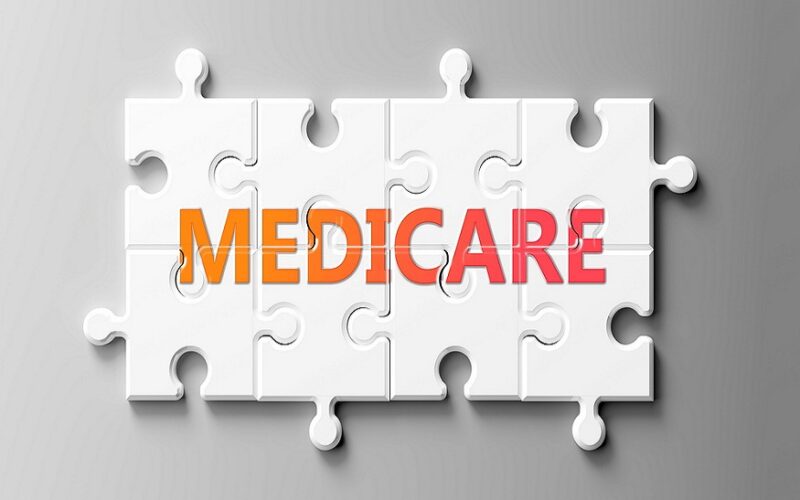There are those among us who insist that the biggest culprit in runaway healthcare costs is government involvement. They make a valid point, especially in light of the fact that the government is continually prosecuting people for bilking Medicare and Medicaid. A recent case out of Florida makes one wonder just how easy it is to bilk the government through its two health insurance programs.
The CDC maintains a healthcare database with reams of public health data. So does the Department of Human Health & Services (HHS). They are just two government agencies with access to untold amounts of data. And yet, with all the data and enforcement tools at their disposal, they seem to be taken advantage of far too often.
Patient Recruiting in Florida
The previously mentioned case involved a Florida man who worked with five home healthcare companies in a combined effort to bilk the government out of millions of dollars. He recently pleaded guilty to one count of conspiracy to commit healthcare fraud. He could have been prosecuted on more charges.
According to National Law Review, the man ran a pretty sophisticated scheme that ultimately required a three-way kickback to keep all the players happy. Each individual incident began with the man recruiting patients willing to either receive unnecessary services or claim to have received services that were not actually provided. Willing participants were coached about what to say in order to get prescriptions. They were offered kickbacks for their participation.
In turn, the home health companies would bill the Medicare program for services, whether actually provided or not. Some of the money they received in government reimbursements went back to the recruiter as a kickback. Just on the one charge, the fraudulent activity earned the recruiter some $630,000.
The System Encourages It
Dismayed Americans might look at stories like this and wonder how recruiters and healthcare providers get away with stealing millions. Unfortunately, our system actually encourages it. Our system is so convoluted and insurance-dependent that fraudsters have more than enough opportunities to do steal.
It is all in the way claims are processed, according to iMedical Data, a company that specializes in data solutions for the healthcare industry. Healthcare providers bill Medicare and Medicaid through a computerized system that utilizes a variety of codes to classify treatments, procedures, etc. Government computers on the other end analyze data and pay claims.
As efficient as the system seems to be, it adds a third-party entity to the healthcare transaction, an entity that is forced to trust the healthcare provider and beneficiary. In simple terms, there is no possible way for HHS to verify each and every claim it receives. It has to rely on the data healthcare providers enter when making claims. The Florida case proves that patient recruiters, healthcare companies, and patients themselves know that no one is checking claim veracity.
Direct Pay with Reimbursement
One way to address the problem is to eliminate third-party insurance billing. Instead, patients would pay for care out-of-pocket and then submit a claim to their insurance providers. This is the way things used to be done prior to the HMO. Direct pay would not eliminate all healthcare fraud on its own, but it would make perpetrating fraud more difficult –especially when recruiting patients is involved.
Ultimately, the only way to minimize healthcare fraud is to take third parties out of the equation altogether. Force healthcare providers and their patients to deal with one another directly. Since that will never happen, it will remain too easy to bilk Medicare and Medicaid.

